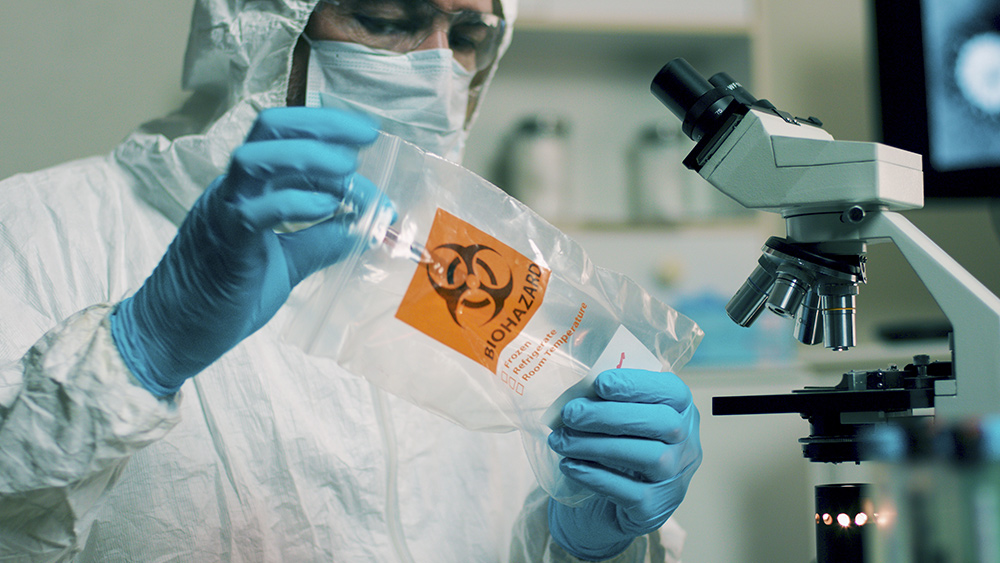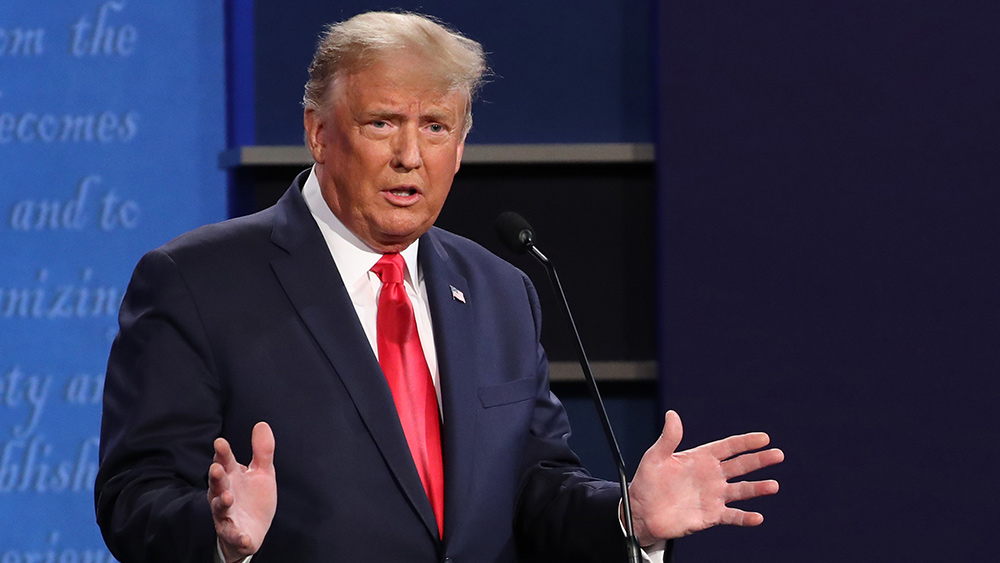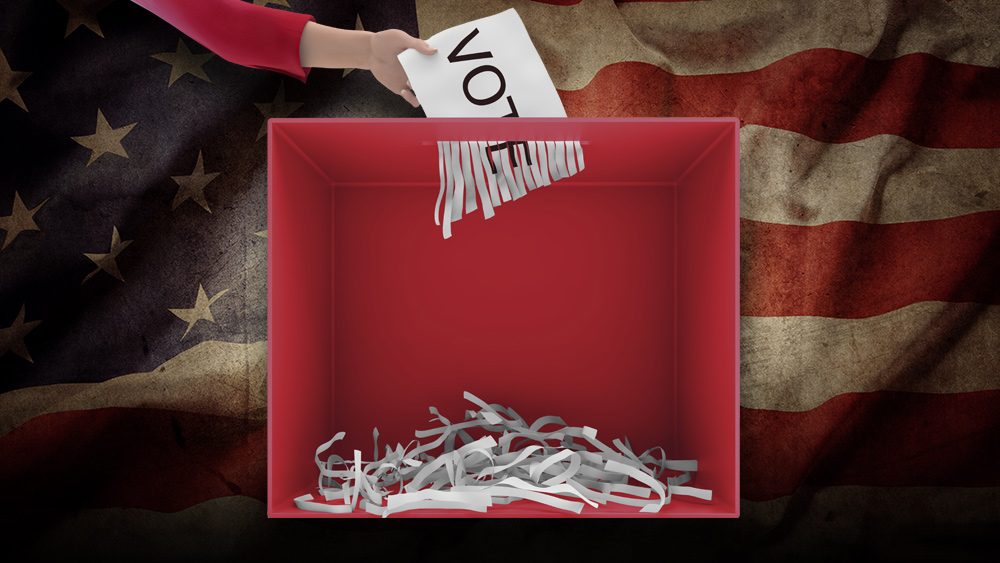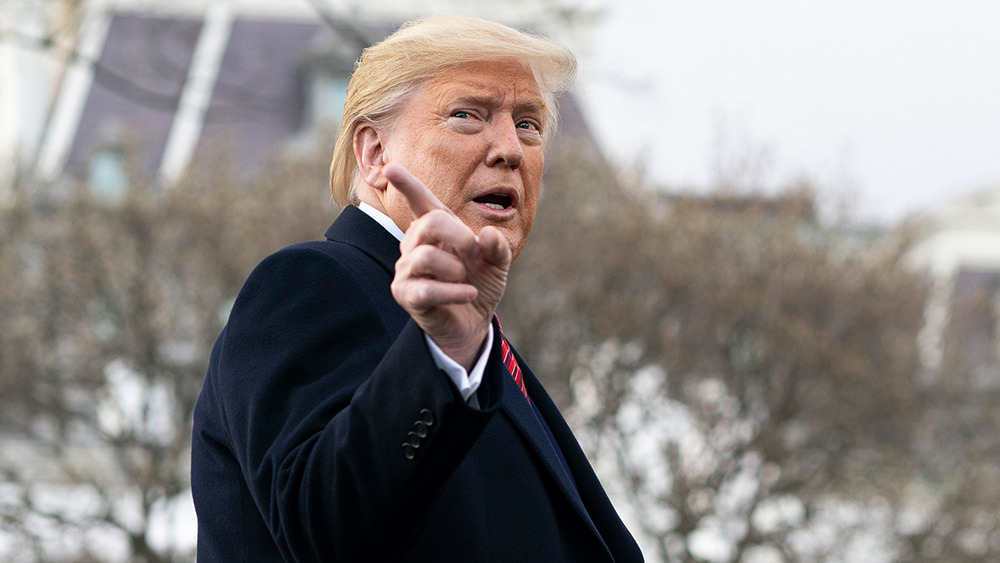Lawmakers raise concerns about USDA funding Chinese biotech firm blacklisted by the Department of Defense
08/03/2023 / By Cassie B.

A group of Republican lawmakers is seeking answers about a troubling partnership between the U.S. Department of Agriculture and a blacklisted Chinese biotech company.
The company, BGI Genomics – formerly known as the Beijing Genomics Institute – maintains a massive gene databank and has obtained contracts for DNA sequencing around the world for prenatal screening and Covid tests. It is also involved in a project to build a gene bank and a “judicial collaboration” center in China near an Uyghur concentration camp. It is believed their genetics-based surveillance work is being used to target ethnic minorities in the country.
As a result, BGI Genomics has been blacklisted by the Department of Defense as well as the Department of Commerce. Nevertheless, the USDA has been working with the firm since at least 2018 on the Earth BioGenome Project. This partnership seeks to sequence genomes of more than 1.5 million species as part of an effort to catalog our planet’s biodiversity. The USDA’s Agricultural Research Service awarded the firm $1 million, and it holds leadership roles in many of the project’s subcommittees.
Senators Marsha Blackburn (R-Tennessee), Marco Rubio (R-Florida), Susan Collins (R-Maine) and Roger Marshall (R-Kansas) sent a letter to U.S. Secretary of Agriculture Tom Vilsack voicing reservations about the collaboration with BGI Genomics and its potential to compromise American national security as well as our country’s competitive edge. In their letter, they emphasized the importance of “safeguarding U.S.-funded research that has potential to be weaponized against the U.S.”
Senator Marshall pointed to the fact that the Chinese Communist Party sees “biology as a domain of warfare” and warned that the government “must take extreme caution to prevent sponsoring research that gives any sensitive materials and intellectual property to the Chinese Communist Party.”
The senators asked for information about the status of the data sharing agreement between the USDA and BGI as well as the extent of any access the company has to USDA research databases. They also asked if the USDA would take steps to avoid funding research involving dangerous pathogens.
Questionable activities by BGI have led to repeated blacklisting
In March, the Commerce Department, as part of its export controls oversight, added several units of the BGI Group to its blacklist over allegations they posed a “significant risk” of helping with Chinese governmental surveillance. The units included BGI Research and Forensic Genomics International.
The department said at the time: “The actions of these entities concerning the collection and analysis of genetic data present a significant risk of diversion to China’s military programs.”
The company was known to be collecting the genetic data of millions of women as part of a research project on population traits and is a collaborator with the Chinese military.
Two other units of BGI were added to the Commerce Department’s blacklist in 2020 over their genetic analysis efforts being used to aid in the repression of Uyghurs.
American officials were also concerned about BGI’s distribution of more than 10 million Covid tests to 80 countries given their gene sequencing efforts and their connection to anti-Uyghur activities. Israel’s biggest HMO refused to use the company’s tests as a result.
BGI has a long history of working with the Chinese government, who provided its support when the company was founded in 1999. In addition to operating the country’s national gene bank, it has received funding from a Chinese state development bank and – like all Chinese businesses – is required by Chinese law to provide “support and assistance” and cooperate with Chinese intelligence services.
Sources for this article include:
Submit a correction >>
Tagged Under:
BGI, biowar, China, communist China, Earth BioGenome Project, gene sequencing, national security, surveillance, USDA
This article may contain statements that reflect the opinion of the author
RECENT NEWS & ARTICLES
COPYRIGHT © 2017 CORRUPTION NEWS




















